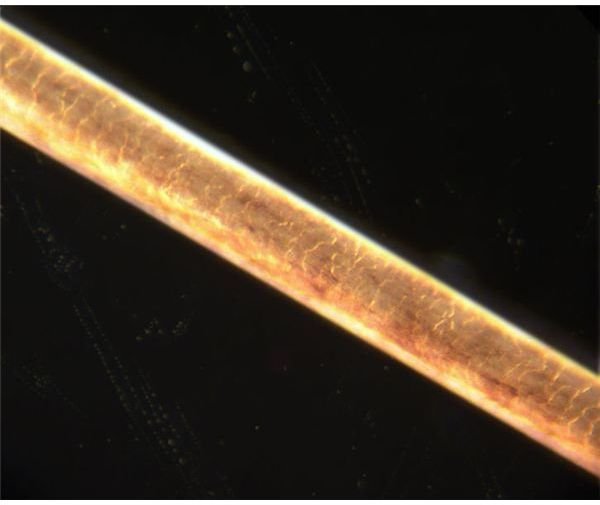Naturally Curly Hair and a Genetic Cause. How Genes could cause Natural Curly Hair Styles
Naturally Curly Hair
Trichohyalin (TCCH) on chromosome one is a gene that is usually expressed in the inner root sheath and is involved in the development of the hair follicle. But it also appears to contribute to the physical appearance of hair. Variations of the gene determine whether a person will have curly or straight hair. This was the conclusion reached by Australian scientists after a 30-year study of 5,000 twins of European descent.
It has previously been discovered that of people of European descent 45% have straight hair, 40% wavy hair, and 15% possess curly locks.
Natural Curly Hair Styles and Genetics
The twins were asked whether their hair was curly, wavy or straight, and their answers were matched with data about their genomes by scientists from the Queensland Institute of Medical Research (QIMR) Genetic Epidemiology Laboratory. Two and a half million single nucleotide polymorphisms (SNPs) were examined and the results showed variation of the TCCH gene on chromosome one.
People with curly hair shared the same genetic variation of the TCCH gene and there was also a genetic variation shared by people with straight hair. Biologically the curliness of hair is determined by the distribution of proteins called keratins as well as cell types in the hair fibre. As hair becomes curlier the number of mesocortical cells decreases.
However, it is not known how the variation contributes to the different natural hair styles. One idea is that an alteration of the gene could lead to an amino acid change in the TCCH protein which in turn influences how straight or how curly hair will appear to be.
Straight Hair Genes
Previous research has shown that the thick straight hair that is common amongst Asian populations is due to variations of two genes - EDAR and FGR2.
Benefits
There are a number of potential benefits to knowing the gene or genes responsible for curly hair and they include: -
- Should you want to find out you may one day be able to predict whether your children will have curly hair
- It could help forensic scientists to create more accurate efits of criminal suspects
- Throw away the straightening tongs as it may be possible to develop treatments to make curly hair straight rather than treating the hair directly. Or treatments could make straight hair curly.
